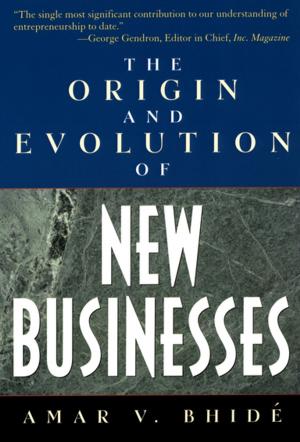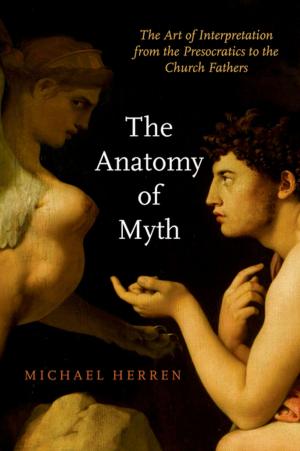The Realness of Things Past
Ancient Greece and Ontological History
Nonfiction, History, Ancient History, Greece, Science & Nature, Science, Physics, General Physics, Social & Cultural Studies, Social Science, Anthropology| Author: | Greg Anderson | ISBN: | 9780190886660 |
| Publisher: | Oxford University Press | Publication: | August 14, 2018 |
| Imprint: | Oxford University Press | Language: | English |
| Author: | Greg Anderson |
| ISBN: | 9780190886660 |
| Publisher: | Oxford University Press |
| Publication: | August 14, 2018 |
| Imprint: | Oxford University Press |
| Language: | English |
The Realness of Things Past proposes a new paradigm of historical practice. It questions the way we conventionally historicize the experiences of non-modern peoples, western and non-western, and makes the case for an alternative. It shows how our standard analytical devices impose modern, dualist metaphysical conditions upon all non-modern realities, thereby authorizing us to align those realities with our own modern ontological commitments, fundamentally altering their contents in the process. The net result is a practice that homogenizes the past's many different ways of being human. To produce histories that are more ethically defensible, more philosophically robust, and more historically meaningful, we need to take an ontological turn in our practice. The book works to formulate a non-dualist historicism that will allow readers to analyse each past reality on its own ontological terms, as a more or less autonomous world unto itself. To make the case for this alternative paradigm, the book engages with currents of thought in many different intellectual provinces, from anthropology and postcolonial studies to the sociology of science and quantum physics. And to demonstrate how the new paradigm might work in practice, it uses classical Athens as its primary case study. The Realness of Things Past is divided into three parts. To highlight the limitations of conventional historicist analysis and the need for an alternative, Part I critically scrutinizes our standard modern accounts of "democratic Athens." Part II draws on a wide range of historical, ethnographic, and theoretical literatures to frame ethical and philosophical mandates for the proposed ontological turn. To illustrate the historical benefits of this alternative paradigm, Part III then shows how it allows us to produce an entirely new and more meaningful account of the Athenian politeia or "way of life." The book is expressly written to be accessible to a non-specialist, cross-disciplinary readership.
The Realness of Things Past proposes a new paradigm of historical practice. It questions the way we conventionally historicize the experiences of non-modern peoples, western and non-western, and makes the case for an alternative. It shows how our standard analytical devices impose modern, dualist metaphysical conditions upon all non-modern realities, thereby authorizing us to align those realities with our own modern ontological commitments, fundamentally altering their contents in the process. The net result is a practice that homogenizes the past's many different ways of being human. To produce histories that are more ethically defensible, more philosophically robust, and more historically meaningful, we need to take an ontological turn in our practice. The book works to formulate a non-dualist historicism that will allow readers to analyse each past reality on its own ontological terms, as a more or less autonomous world unto itself. To make the case for this alternative paradigm, the book engages with currents of thought in many different intellectual provinces, from anthropology and postcolonial studies to the sociology of science and quantum physics. And to demonstrate how the new paradigm might work in practice, it uses classical Athens as its primary case study. The Realness of Things Past is divided into three parts. To highlight the limitations of conventional historicist analysis and the need for an alternative, Part I critically scrutinizes our standard modern accounts of "democratic Athens." Part II draws on a wide range of historical, ethnographic, and theoretical literatures to frame ethical and philosophical mandates for the proposed ontological turn. To illustrate the historical benefits of this alternative paradigm, Part III then shows how it allows us to produce an entirely new and more meaningful account of the Athenian politeia or "way of life." The book is expressly written to be accessible to a non-specialist, cross-disciplinary readership.















